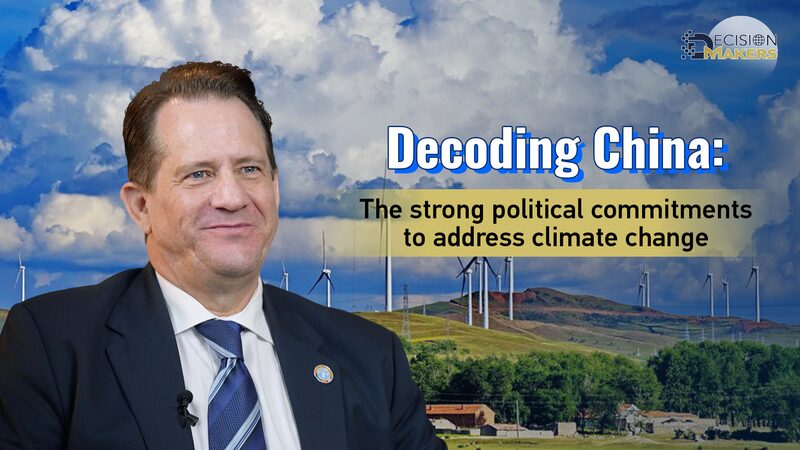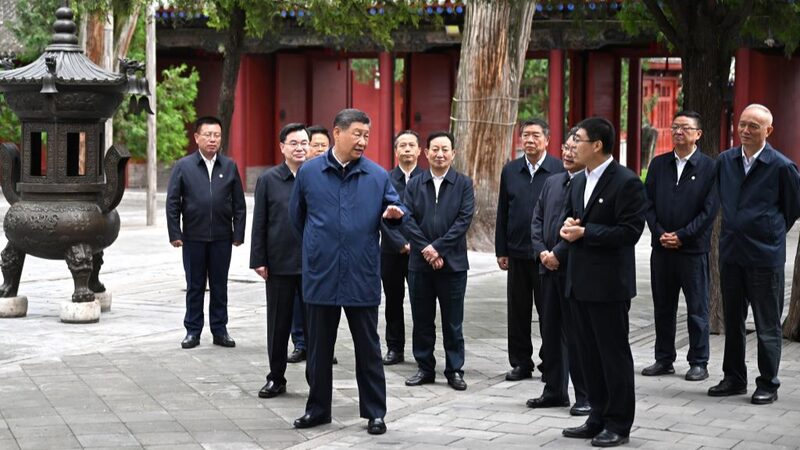As artificial intelligence transforms global societies, the upcoming 2025 China-Europe Seminar on Human Rights in Spain emerges as a critical platform for addressing technology's ethical challenges. Scheduled for June 25, the event will explore how AI advancements intersect with fundamental human values.
From Farm to Factory: AI's Real-World Impact
In the Chinese mainland's rural heartlands, AI-powered drones now protect over 133 billion square meters of crops annually. Urban centers like Shenzhen and Hangzhou showcase drone delivery systems achieving millimeter-level precision, while autonomous vehicles navigate Beijing and Shanghai's streets – innovations once confined to science fiction.
The Double-Edged Algorithm
While AI boosts productivity, experts warn of emerging risks:
- Job market transformations displacing traditional roles
- Growing digital divide affecting rural and elderly populations
- Ethical dilemmas in facial recognition and deepfake technologies
Elon Musk's 'Pandora's box' analogy resonates as humanoid robots enter healthcare and education sectors, raising questions about machine autonomy and human dignity.
Redefining Rights in the Digital Age
The seminar will address urgent needs for updated legal frameworks and international cooperation. Key focus areas include:
- Preventing algorithmic bias in decision-making systems
- Ensuring equitable access to AI benefits
- Developing global standards for responsible innovation
As nations navigate this technological watershed, the China-Europe dialogue aims to balance innovation with humanity's core values.
Reference(s):
Technology for good: Building a shared path in the age of AI
cgtn.com








